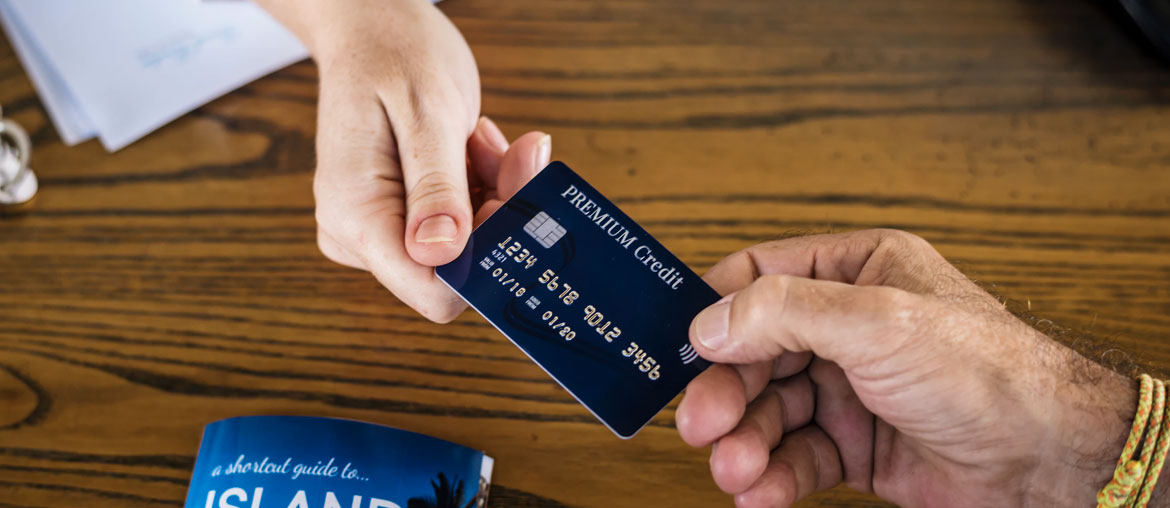If you’ve been in the vacation rental business for more than 10 seconds, you’ve probably heard about direct bookings. It’s the preferred mode of booking by vacation rental managers – but why? It’s about much more than eliminating booking fees.
How much are you losing to hosting fees?
Accepting direct bookings requires that you have a website for your properties, as well as a booking engine and payment processor. Of course that’s all taken care of with Tokeet, but for anyone else, it could get a little expensive. So you’ll want to ensure you’re going to get a good return on your investment, right?
If you’ve already been in business for a time and have some numbers to work with, you can calculate your potential savings. Host fees for Airbnb are 3% of the booking cost, while Booking.com takes 15 – 18%. Most booking sites will charge commission somewhere between those two.
Since most VRMs utilize multiple booking channels, the savings will have to be calculated separately before being added together.
In a 2016 VRMintel report, businesses saved an average of 9% through direct bookings. With overall commission rates having risen since then, it’d be safe to calculate 10%. Also, it’s easier to do the math in your head ;).
For most every vacation rental business, the prospect retrieving 10% of their booking profits is extremely motivating. It’d more than justify the costs and effort to create a direct booking site for your property.
But that’s just the quantifiable benefits..
What else are you missing out on?
Having a property site capable of taking direct bookings is as much a marketing tool as your listing sites. If you put some effort into your site and make a few strategic promotional moves, your exposure is going to increase significantly.
Here’s a few things a property showcase site with a booking engine can provide:
1. New marketing options
Larger audience via SEO:
When you list your property on a booking channel, your potential guests are limited to users searching on that channel. That’s not a bad thing at all, especially considering how popular sites like Airbnb and Booking.com are now. But you’re missing out on the chance to appear in general search results.
Sites like Google, Yahoo, and Bing account for an overwhelming majority of all search traffic on the internet. Having your own site optimized for keywords like “miami beach rentals” or “london holiday apartments” could mean a ton of traffic you’d otherwise miss out on.
You can read up on basic SEO techniques in the Vacation Rental Marketing 101 guide.
Advertising capabilities:
Did you know that advertising your booking channel listings is prohibited? Most ad networks won’t allow these URLs anyway (including Google). So, the only way you can promote your property outside of your channels is with your own website.
Having your own website opens up the possibility for more creative advertising strategies, as well as local listings. You can use your website for Google Business (to appear in Google Maps), local travel agencies and directories, and various other outlets that’ll bring you more guests. You can’t do that with your Airbnb listing.
Parallel marketing:
If you have a website that can take direct bookings, you have a perfect opportunity to promote more than just your room. You can have extra options for customers to choose from that’ll add a line item in their bill before checkout. For instance, if you have a boat at your beach house, maybe you’d like to let your guests rent it for their stay as well.
Another possibility is discounts. You’ll have complete control over how your payments are calculated and the conditions that’ll trigger a discount, which allows you to make special offers to guests. For instance, if they book for a month, they get a 25% discount on their next booking. If they book two rooms, a third is half price. Stuff like that can be a great motivator for potential guests considering their options.
2. No competitor presence
Booking channels have an obligation to the user: find and present multiple options for them to compare before booking. Now, there’s nothing wrong with variety, especially from a consumer perspective. But we already know that your property is the best option.
If you have a site with direct bookings, you can ensure your potential guests are given a complete tour of your property without distractions. There’s no on-page cross-selling or hard-fought search results, just your properties and your words. If you have great photos and a way with words, you’ll have no problems making conversions.
3. Branding
Finally, we come to an oft-overlooked benefit of custom property sites: branding. If you give your property a name, it’ll stick in people’s minds. It’s easy for people to suggest your service to a friend, and it’s easy for them to find you.
If someone is trying to find your property at the suggestion of a friend, what do you think will turn up the correct result first: “Miami beach rental property” or “Jiminy Cricket’s Beach Rentals”?
If your business is called Jiminy Cricket’s Beach Rentals, then it’s the second one.





